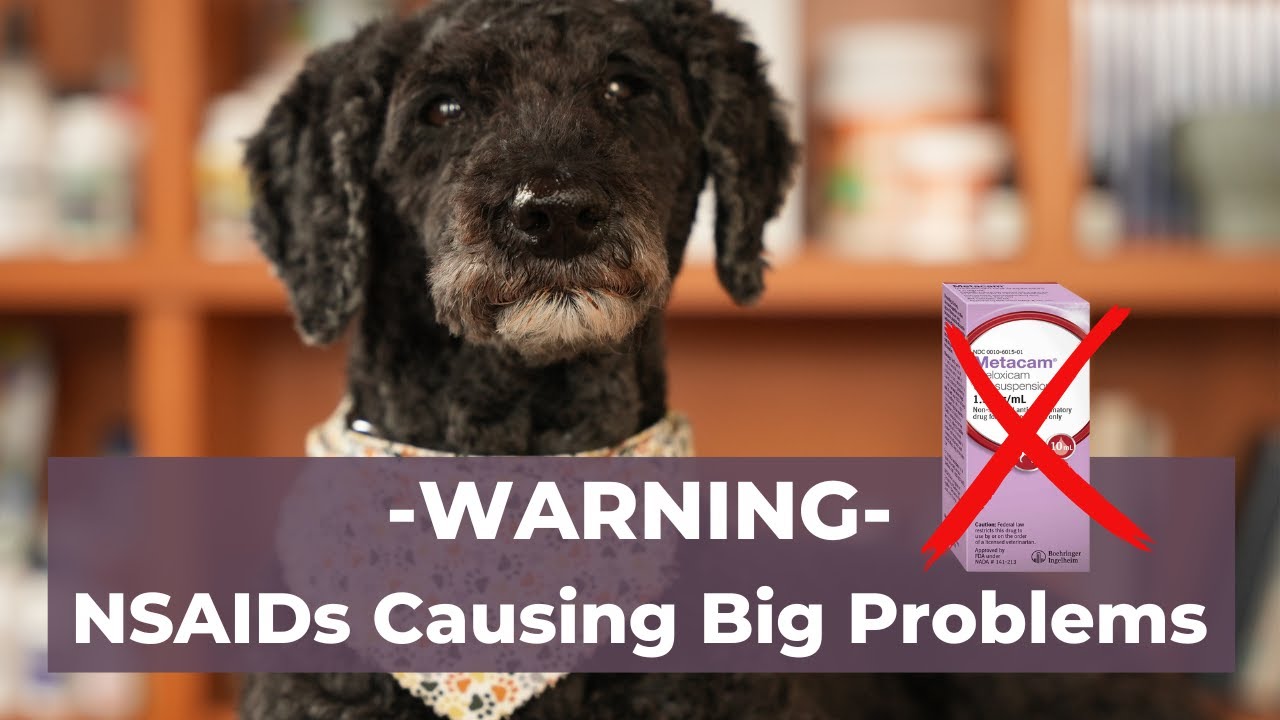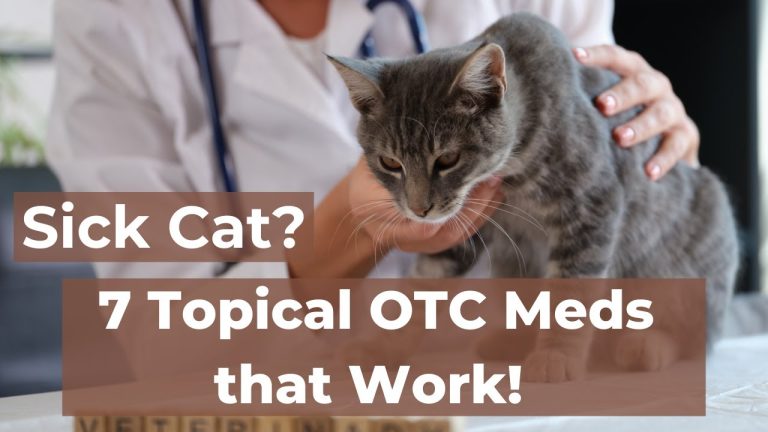WARNING: Common Veterinary Pain Killers Causing Frequent Side Effects in Dogs and Cats
In the world of veterinary medicine, common painkillers have been identified as a potential source of frequent side effects in dogs and cats. This blog post explores the concerning issue of these medications and the impact they can have on the well-being of our beloved four-legged companions.
Introduction
In the realm of veterinary care, ensuring the well-being of our beloved furry companions is paramount. As pet owners, we often find ourselves grappling with the tough decision of how to best alleviate our pets’ pain and discomfort. In this era where medication seems like the go-to solution for everything, it’s crucial to shed light on the potential risks associated with common veterinary pain killers, particularly non-steroidal anti-inflammatory drugs (NSAIDs). In this comprehensive review, we delve into the eye-opening video by Veterinary Secrets, hosted by the esteemed Dr. Jones, which illuminates the concerning side effects of popular NSAIDs in pets while providing insights into alternative, safer treatments for our four-legged friends.
The Dangers of NSAIDs for Pets
In the video, Dr. Jones meticulously unpacks the risks that come hand in hand with NSAIDs when administered to dogs and cats. These medications, including Medicam, Rimadyl, and Deramaxx, work by reducing prostaglandins in the body to target pain and inflammation. However, what pet owners might not realize are the often overlooked adverse effects that can ensue from NSAID use in pets.
Potential Risks of NSAIDs
-
Gastrointestinal Issues: One of the most common side effects of NSAIDs in pets is gastrointestinal distress, manifested through symptoms like vomiting and diarrhea.
-
Serious Conditions: Beyond minor stomach upset, NSAIDs can escalate to more severe conditions such as ulcers, kidney failure, and liver failure in some unfortunate cases.
-
Pre-Existing Conditions: Pets with underlying kidney or liver issues are particularly vulnerable to the detrimental effects of NSAIDs, making their usage potentially perilous.
Unique Vulnerability of Cats
It’s noteworthy that cats metabolize NSAIDs in a distinctive manner compared to dogs, rendering them more susceptible to adverse reactions. This crucial disparity emphasizes the need for cautious consideration when contemplating NSAID administration in feline companions.
Safer Alternatives and Recommendations
Given the inherent risks associated with NSAIDs, Dr. Jones advocates for a balanced approach to pain management in pets. While NSAIDs can offer immediate relief, supplementing their use with safer alternatives like CBD or curcumin presents a more judicious long-term strategy for alleviating pain in furry friends.
Take Action: Webinar on Natural Anti-Inflammatories
To delve deeper into the realm of natural remedies for pets, pet owners are encouraged to sign up for Dr. Jones’ upcoming webinar focusing on curcumin and other natural anti-inflammatories. This educational session promises invaluable insights into holistic approaches for mitigating pain in pets while steering clear of the potential pitfalls posed by conventional medications.
Conclusion
As we navigate the complex landscape of veterinary pain management, it becomes imperative to reevaluate our reliance on traditional NSAIDs and explore safer, more holistic alternatives for our pets’ well-being. Dr. Jones’ enlightening video serves as a stark reminder of the multifaceted risks associated with common veterinary pain killers, urging pet owners to make informed decisions rooted in the health and longevity of their cherished companions.
FAQs
- Are NSAIDs the only option for alleviating pain in pets?
- How can I identify if my pet is experiencing adverse effects from NSAID medication?
- What are some natural anti-inflammatory alternatives to NSAIDs for pets?
- Should I consult my veterinarian before transitioning my pet from NSAIDs to alternative treatments?
- What steps can I take to ensure my pet’s pain management regimen is both effective and safe?






